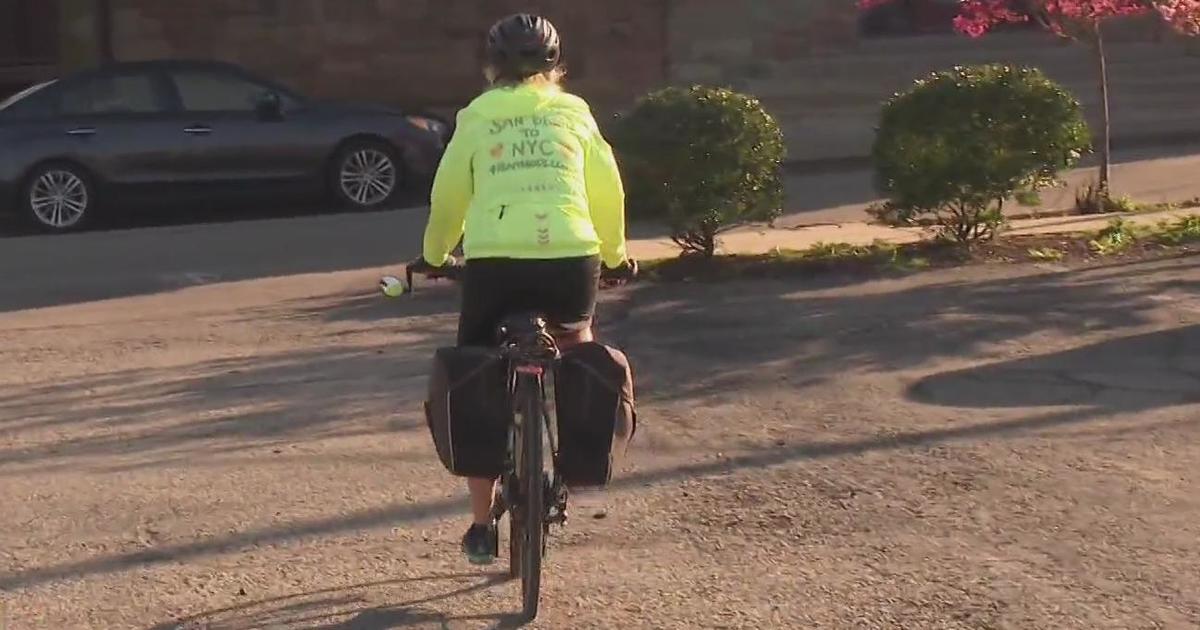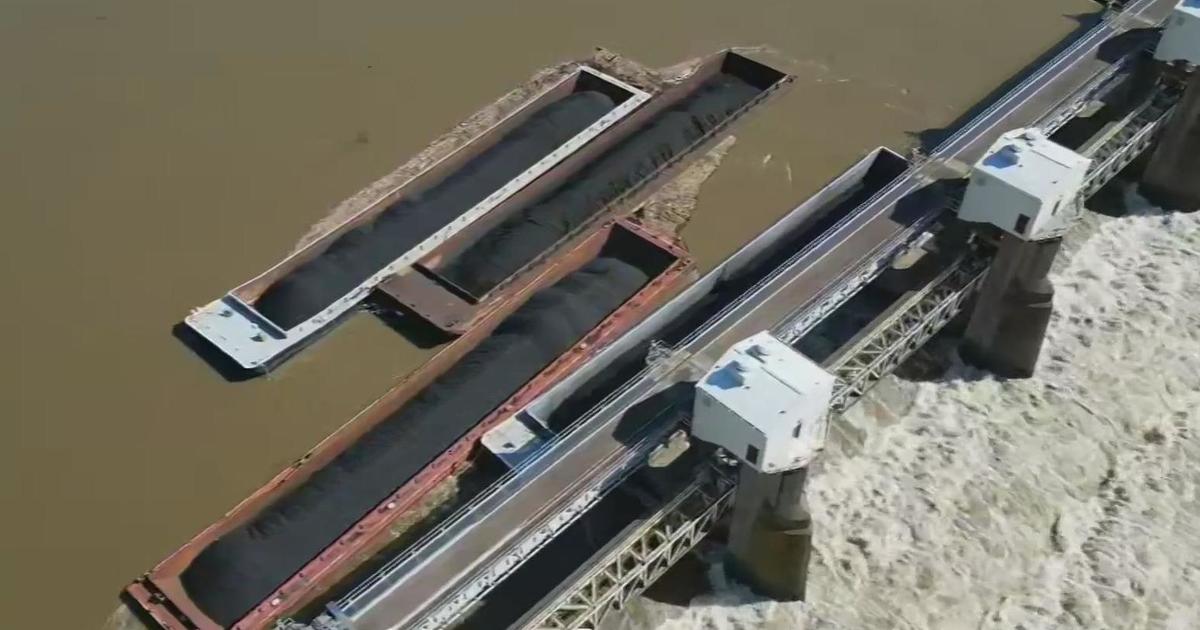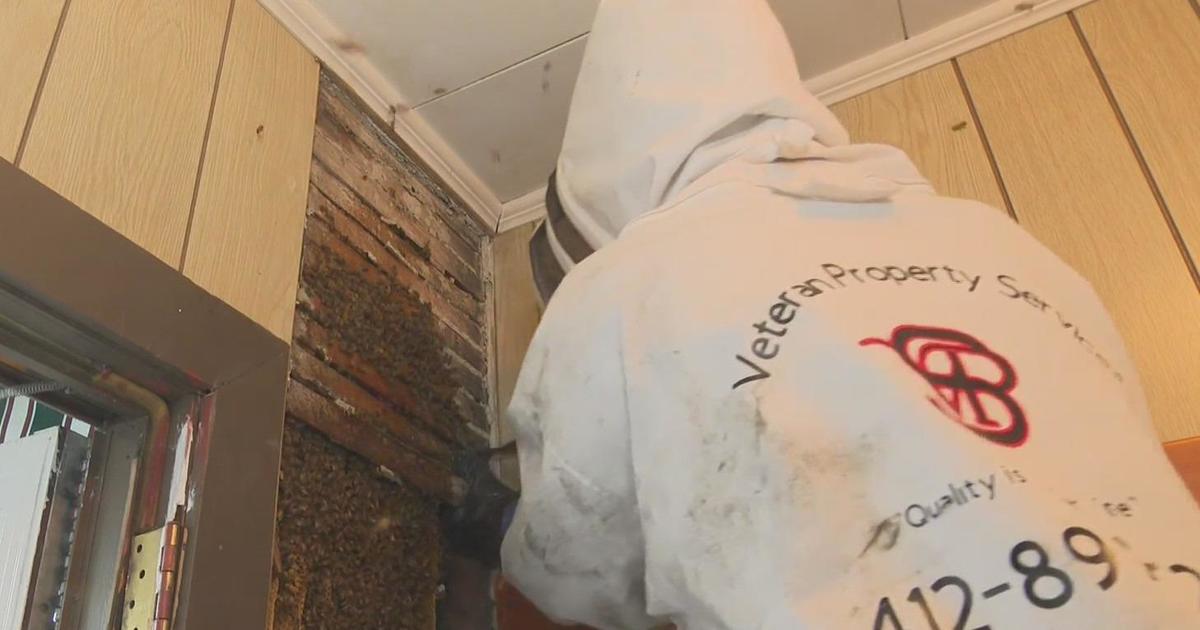Dick Cheney Opposed The GM Bailout

In the closing days of the Bush administration, then-president Bush made the decision to grant General Motors a $13.4-billion loan to keep the company afloat, at least through the transition to the Obama administration. The decision wasn’t a popular one with then-vice-president Dick Cheney, who says in his new memoir that he’d been “philosophically opposed to bailing out specific companies or industries” throughout his career.
Those industries didn’t include banking, since Cheney supported the $700 billion Troubled Asset Relief Program (which, ironically, also included automakers GM and Chrysler under its umbrella). In defense of his position on TARP, Cheney stated that providing enough support to keep the banking system afloat was something that “only the federal government could do,” whether or not the bail out was a good idea.
Supporters of the bailout, including former president Bush, continue to cite the frail economy as the primary reason behind issuing the loans. Bush maintains that failure of the Big Three automakers could have cost more than one million jobs, and would have had a huge impact on both Gross Domestic Product and tax revenues. Cheney failed to address any of these points in his memoir.
Right or wrong, the cost of the bailout to the American public is increasing. Earlier this summer, the Treasury Department estimated that losses from the bailout of GM and Chrysler would total $13.91 billion, but it now looks like that number will grow by another $400 million to reach $14.33 billion. That's still less than the projections of a $16 billion loss that were circulating earlier this year, but not by much.
This story originally appeared at The Car Connection.



